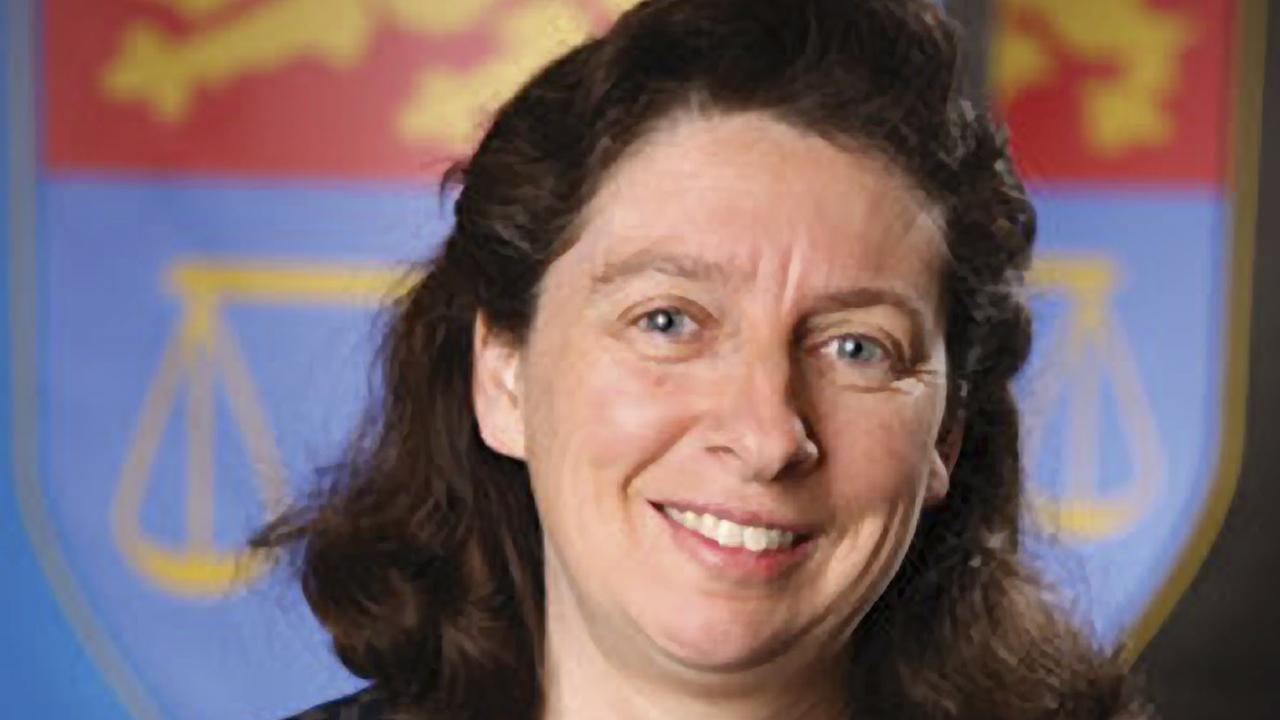‘Very wrong’: Constitutional expert warns of major flaws in government’s misinformation laws
New laws to crack down on misinformation have been given a scathing review by a leading constitutional lawyer.
One of Australia’s leading constitutional lawyers is warning the Albanese government’s proposed misinformation laws could go “very wrong”.
The revamped Communications Legislation Amendment (Combatting Misinformation and Disinformation) Bill, a version of which was knocked back last year, faced severe criticisms from the moment the government announced it was taking another crack at it in September.
The Opposition almost immediately rebuked it on freedom of speech grounds before it had even passed through shadow cabinet.
But the future of the Bill has been dealt a serious blow after Anne Twomey, Professor Emerita at The University of Sydney, gave a scathing review of the legislation to a senate committee on Monday.

In her tabled opening statement, Professor Twomey said the Albanese government was “pushing the primary responsibility for dealing with misinformation and disinformation onto digital platforms, so as to avoid … being seen as the censor”.
But she questioned the capacity of social media companies to make “difficult assessments and judgments in a fair, informed and consistent manner.”
“They are not courts,” she said.
“They most likely have little knowledge about Australia, its electoral system and what
would cause imminent harm to its economy.”
Some of the biggest social media firms, like Meta and TikTok, engage independent fact-checking services to police their platforms.
To check a claim online, fact-checkers typically turn to subject matter experts.
But Professor Twomey said there were flaws with this system, warning that fact-checkers “are not always right”.
“Their reports often depend upon which experts they ask, and sometimes they misinterpret the experts’ views because the fact-checkers personally have no expertise in relation to the subject matter,” she said.
“As a person often consulted by fact-checkers, I do not have complete confidence in their work, at least beyond matters of readily observable fact.
“Fact-checkers are useful, but not infallible. If they are relied upon to censor vast swathes of comment on particular contentious matters, that would be very problematic.”

The Albanese government’s misinformation legislation comes amid widespread concerns of both deliberate and unintentional falsehoods flooding social media around contentious political issues.
Increasingly, what happens online has real world consequences.
Misinformation and disinformation swept platforms following the deadly Bondi stabbings in April, with prominent alternative social media influencers falsely accusing a Jewish student of carrying out the attack.
Days later, after an Assyrian Orthodox priest was stabbed mid-liturgy, demonstrators clashed with police outside the clergyman’s church, with Russian state media fuelling the ire online.
Much of the false information, along with highly graphic videos of both incidents, spread on Elon Musk’s platform, X.
The tech billionaire has also weighed in on the misinformation Bill, calling the Albanese government “fascists”.
Far left fascists love censorship https://t.co/9oMb5Wemcm
— Elon Musk (@elonmusk) September 14, 2024
Professor Twomey acknowledged that misinformation and disinformation was a problem.
“Misinformation and disinformation are insidious and widespread through social media platforms,”
“I would like very much to see it all disappear.
“But I worry that in the process of ineffectually trying to do this, we create worse problems through large-scale censorship of contested views and the undermining of democracy in the name of cleansing it from misinformation.
“What is particularly worrying about this legislation is that responsibility is being outsourced to large overseas companies over which Australia has little control or influence.
“It could all go very wrong.”



